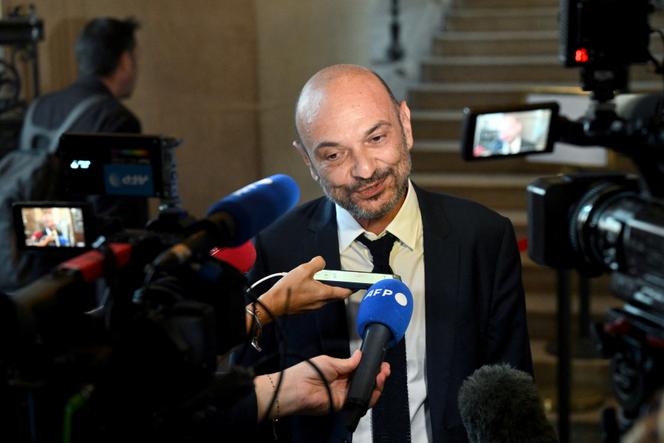


French weekly Charlie Hebdo said on Monday, May 26, it had filed a complaint over fake covers of the satirical magazine, in an effort to defend its image and identify the authors of the apparently pro-Russian "propaganda."
Covers purporting to represent the popular French publication and mocking Ukrainian President Volodymyr Zelensky have been making the rounds on social media, including on messaging app Telegram as well as X. The images feature Charlie Hebdo's instantly recognizable style and fake cartoons are accompanied by the signatures of its cartoonists.
The editorial team said that around 15 fake front pages published over two years appear to be "primarily intended for a Russian audience, to make them believe that Charlie Hebdo is anti-Zelensky and pro-Putin." Since Russian President Vladimir Putin's forces invaded Ukraine in 2022, Russia has deployed a highly organized information warfare campaign to garner support for its war.
"There is an almost industrial approach that is accelerating, with numerous front pages of very high quality," the publication's lawyer Richard Malka told Agence France-Presse. "It would be easy to be misled if one were not familiar with the newspaper's editorial line," Malka added. "There is a clear intention behind this that appears to be pro-Russian propaganda."
The complaint for counterfeiting has been filed with a Paris court with the aim of "at least identifying the authors and possibly the instigators of this propaganda," Charlie Hebdo said.
The cover pages are "accompanied by captions or comments written in Russian," said a copy of the complaint seen by AFP. Certain front pages mock Zelensky and the Ukrainian army, and French President Emmanuel Macron's support for Kyiv, Charlie Hebdo said. Others poke fun at Britain's migration policy and recycle false conspiracy theories over the gender of France's First Lady Brigitte Macron.
Since Moscow's invasion, "the Russian authorities have been using all means of communication to influence and mislead public opinion in Europe," said Charlie Hebdo. The magazine said it wanted to "defend its image and values" and "dispel any doubts that these manipulations could raise in public opinion."
